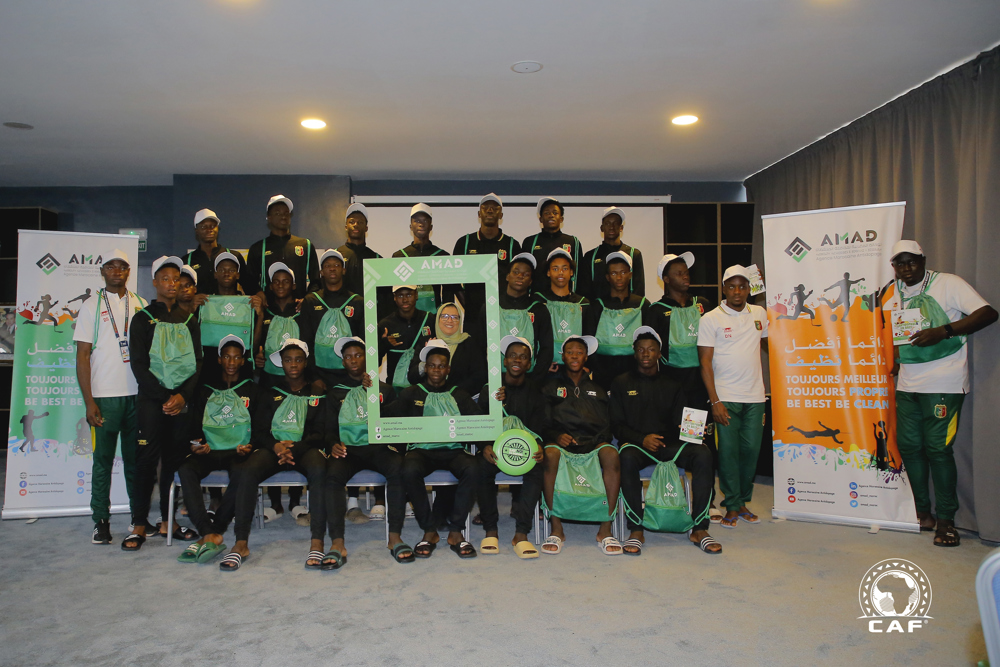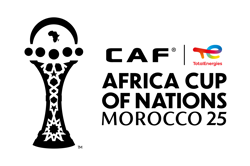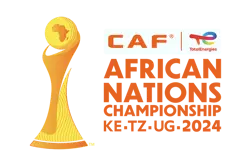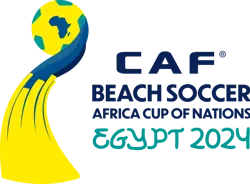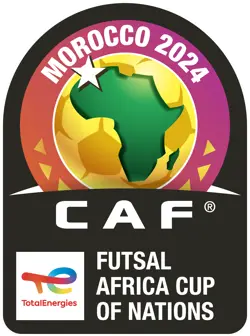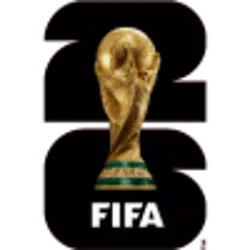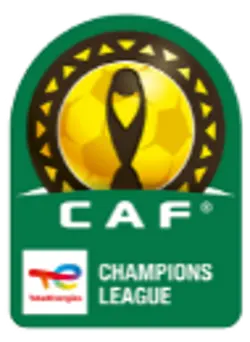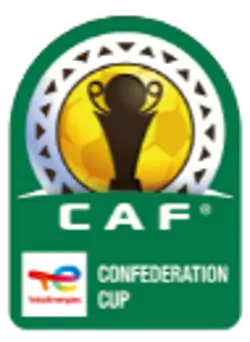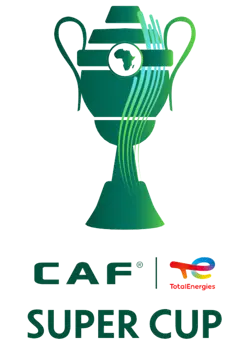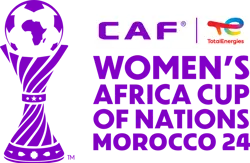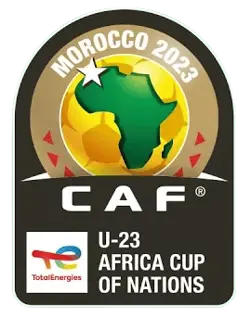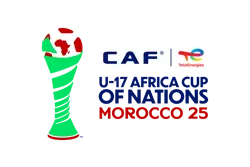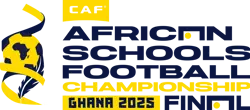U-17 AFCON: Behind the Scenes of a Quiet Fight Against Doping
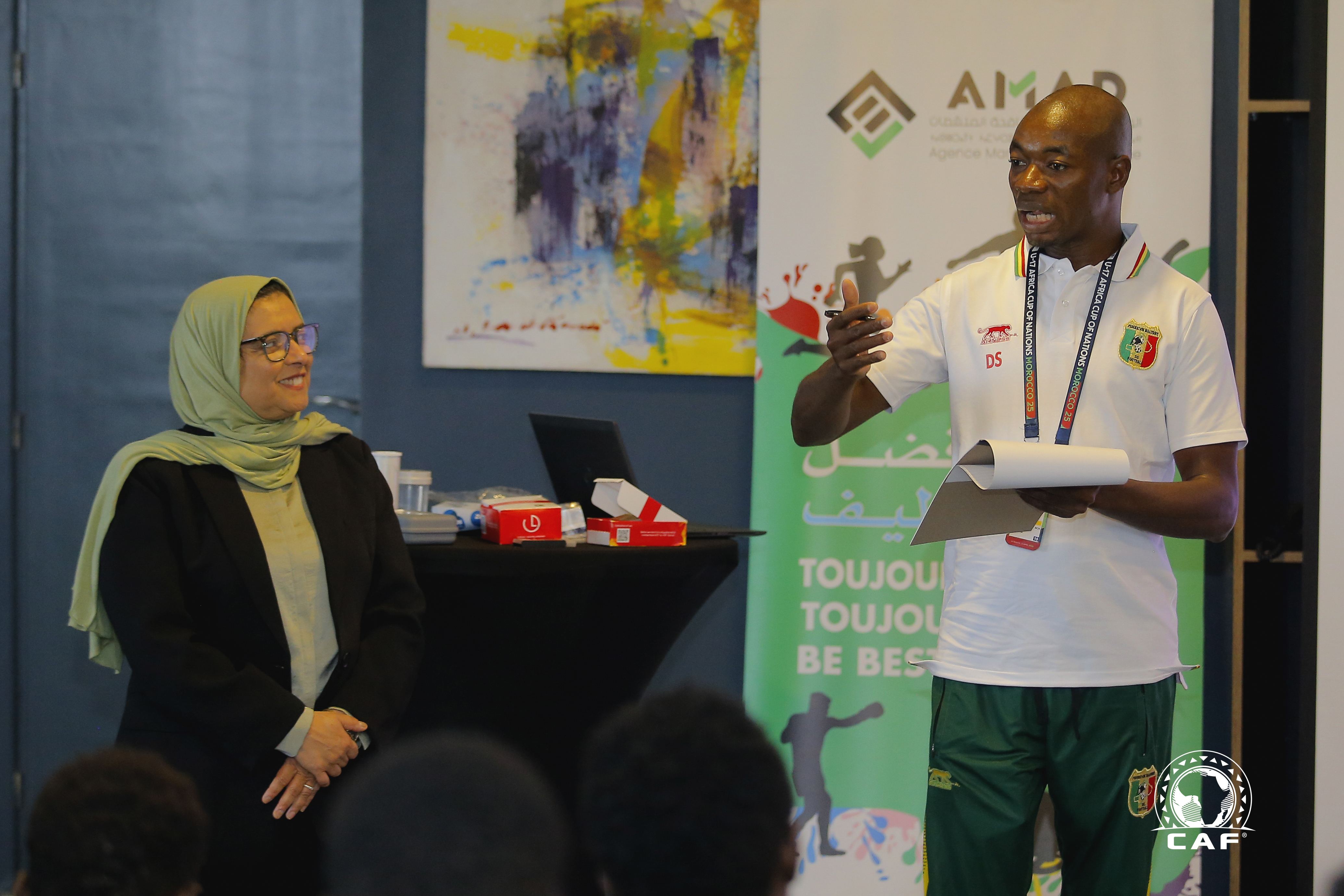
As the TotalEnergies CAF U-17 Africa Cup of Nations unfolds, another equally crucial match is being played behind the scenes: the fight against doping. For this edition, the CAF in partnership with the Moroccan Anti-Doping Agency (AMAD), has rolled out an ambitious programme of education and awareness aimed at young players and their medical staff.
An Ambitious Programme
CAF has made this anti-doping education initiative one of its new priority projects.
Launched last year, it has already been rolled out during the TotalEnergies CAF U-20 AFCON, the Women’s Champions League, the Futsal AFCON, Beach Soccer AFCON, and even in academies like Next Destination in Ghana.
A simple yet effective format: one hour of awareness per team, held at the hotel outside of training hours. Participants leave with branded goodies from the World Anti-Doping Agency (WADA), but more importantly, with answers. At this age, myths are abundant, and understanding can be unclear.
“Education on the risks of doping starts from a young age, and youth tournaments provide the perfect platform to spread our message,” says Sherif Abou El Enein, Senior Manager of CAF’s Anti-Doping Unit.
“This initiative, led by CAF, aligns perfectly with the vision of our President, Dr Patrice Motsepe, who champions clean football — a source of pride for the continent and its supporters. We are carrying out this mission in close cooperation with WADA and its African branch, to ensure fair and drug-free sport for all.”
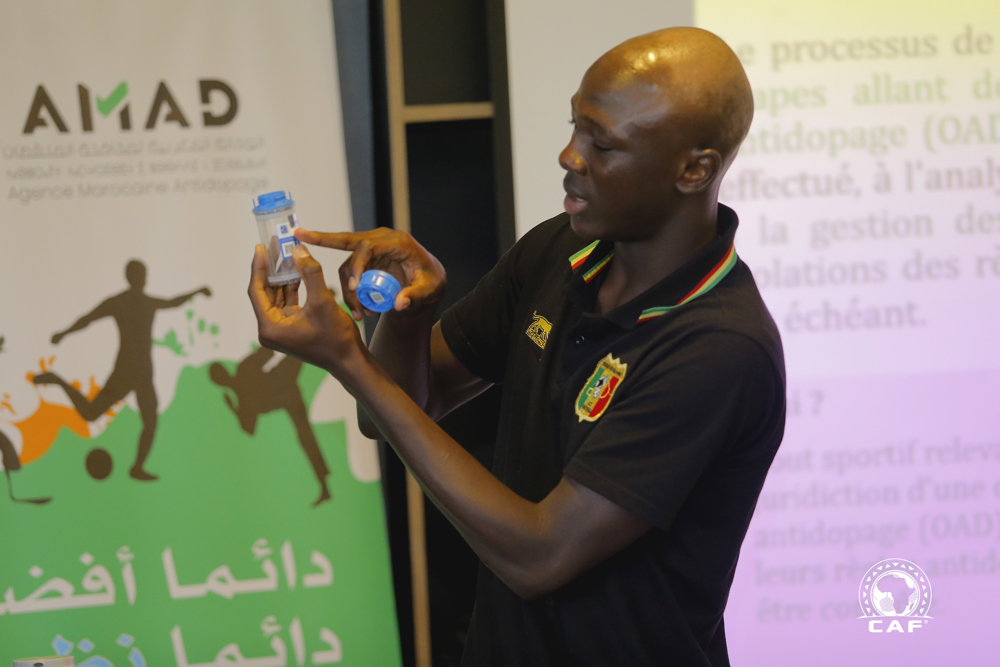
A Doctor with a Striking Message
In front of the young players, Dr Maria Windy quickly captures attention. Calm and composed, she chooses her words carefully. She knows her audience: teenagers, future internationals, hearing terms like “TUE” (Therapeutic Use Exemption), “supervised urine collection”, and “in-competition vs out-of-competition testing” for the first time.
“You are athletes. That means you have rights, but also responsibilities. You are responsible for what enters your body. Even if a doctor prescribes it, you will be the one sanctioned.”
“A positive test doesn’t just mean a suspension. Sometimes, it ends a career.”
These Are Our Kidneys, Our Liver, Our Future
Among team staff, the message is just as impactful. Dr Daouda Sangaré, doctor for the Mali U-17 team, praised the initiative:
“These are sensitive topics, but young people need to be exposed to these realities early. We’re talking about their future.”
His view is shared by Ivorian coach Bassiriki Diabaté, who attentively attended the full session with his group:
“The kids enjoyed it. They understood that it’s not just a simple test. We explained that a test result can show up even three months later — that’s what the B sample is for. These were things they didn’t know.”
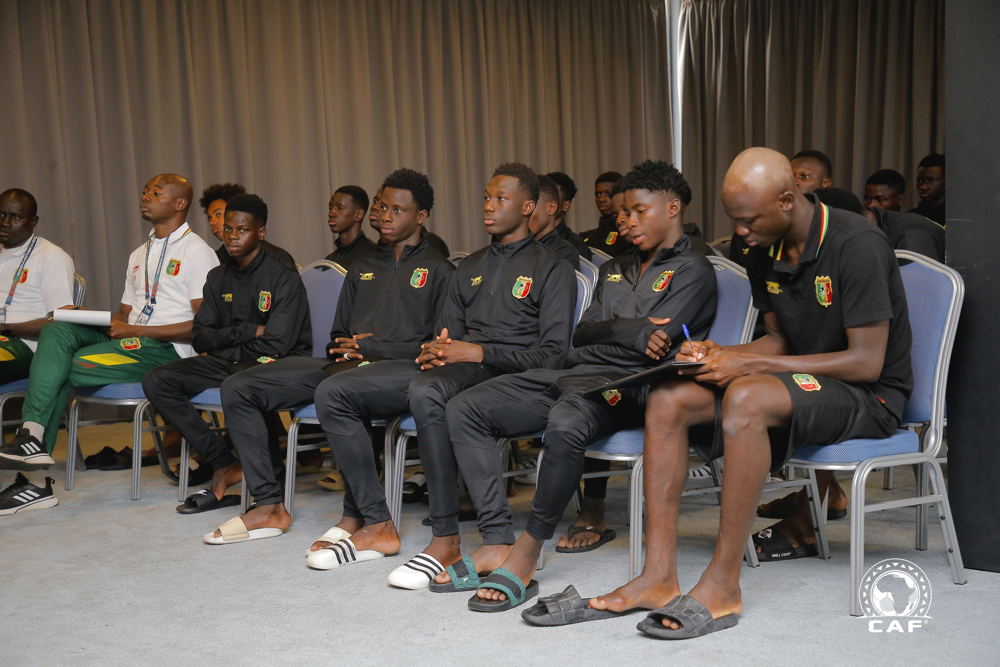
For him, awareness is an absolute necessity:
“African football is progressing, and workshops like this help raise awareness — both about disciplinary risks and health. There’s a myth around certain stimulants, but our players now understand that these substances can deeply affect their health. The kidneys, the liver — these are vital organs. Now they understand that behind a ‘boost’, there can be poison.”
The Shadows of Vulnerable Moments
As the session continues, Dr Windy outlines scenarios that could lead to doping: poorly treated injuries, overtraining, pressure to recover quickly, bad advice…
“One day, someone might say: ‘Take this, you’ll run faster.’ When that day comes, remember this session. Never take anything without asking a doctor. And even then, tell them you’re an athlete subject to WADA rules.”
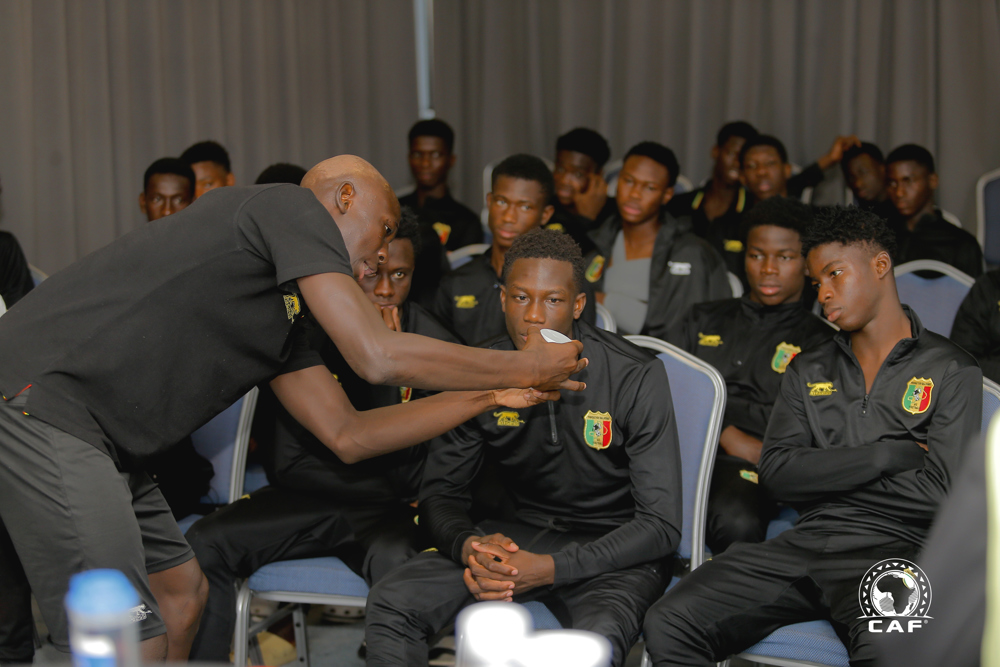
Balancing Rights and Responsibilities
Participants also learn they have rights: to be informed, to request a representative during testing, to ask for an interpreter, and to file a complaint if the process isn’t handled properly.
“They are minors. Some don’t speak the host country’s language. They need to know they’re not alone,” notes Daouda Sangaré, doctor of the Mali team.
For CAF, this programme is part of a long-term strategy. No improvisation. No targeting only elite tournaments. The aim is to educate an entire generation of responsible athletes. Africa hasn’t yet seen a major doping scandal in football — and that’s precisely what these campaigns are designed to prevent: anticipate, educate, and protect.
